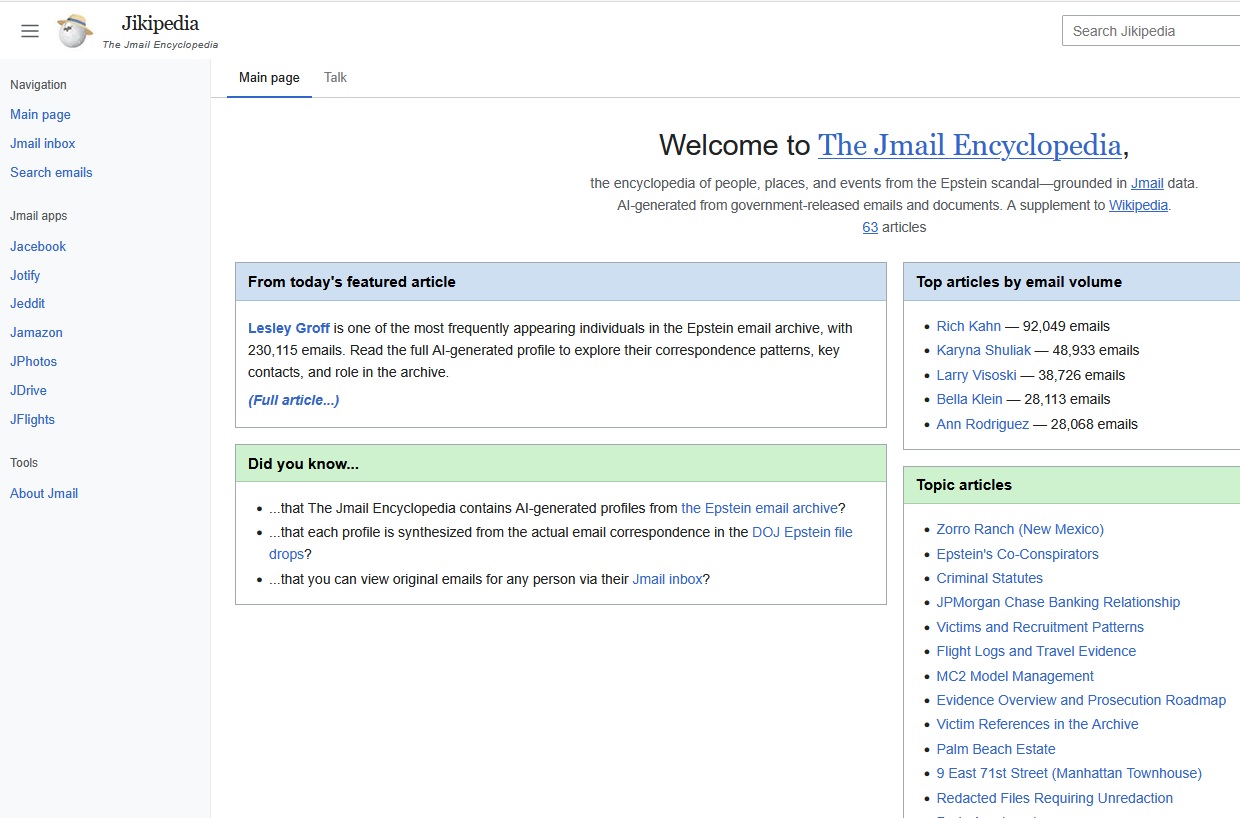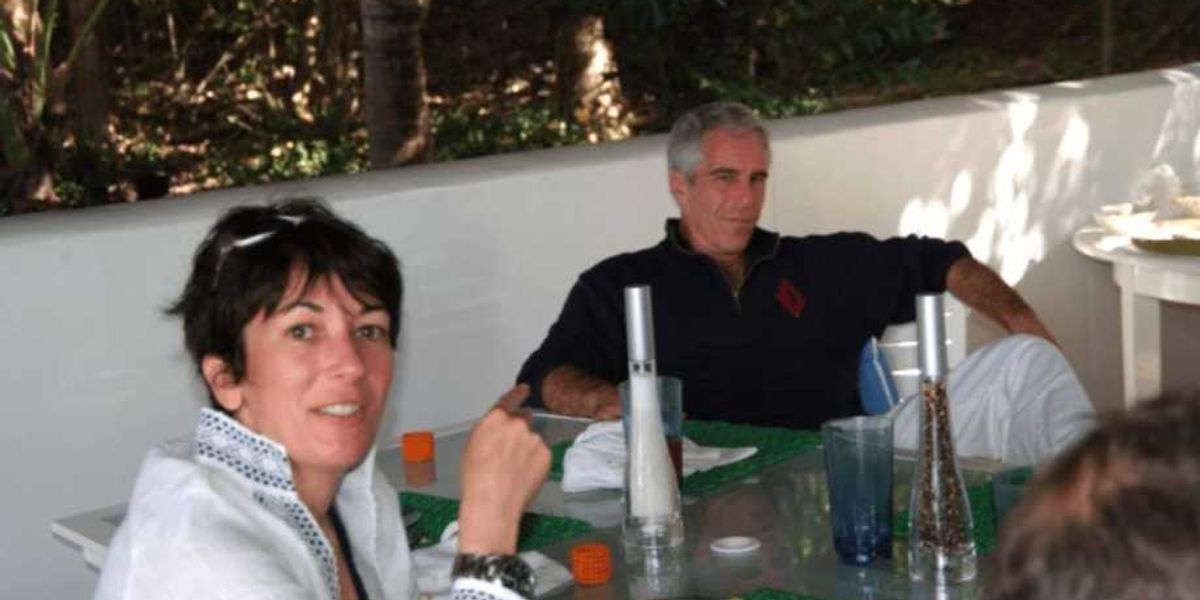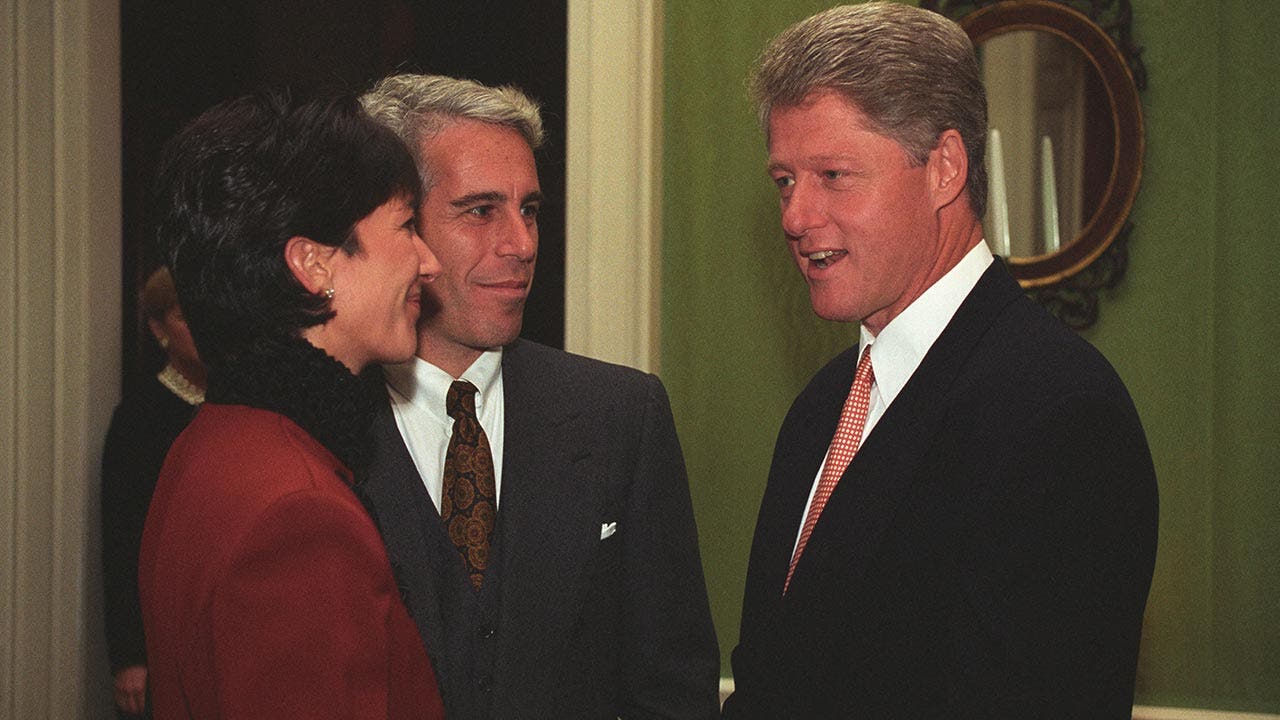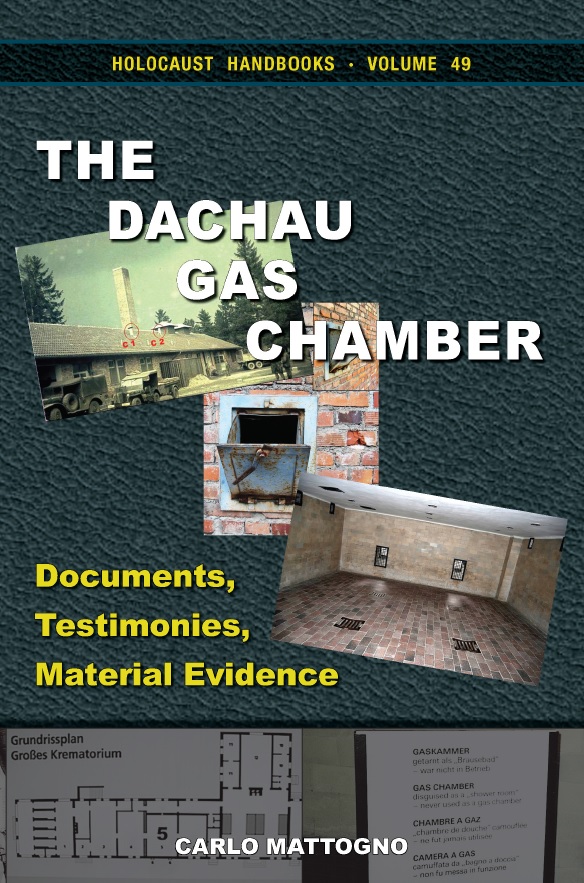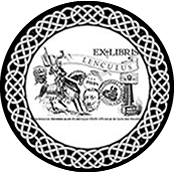A droite à l'Est - Wixsite
Trump le "messi"
Police Ice aux US: Attention, à droite va y avoir de la crampe de main tellement ça va se palucher fort sur cette milice qui a dernièrement neutralisé un gauchiste. Nos droitardés comprennent pas qu'on leur donne des croquettes histoire de donner l'illusion du changement... étant donné que les stats éthniques sont possibles aux USA, je rappel :
"While non-Hispanic White Americans under 18 in the U.S. are already a minority as of 2020, it is projected that non-Hispanic Whites overall will become a minority within the US by 2045."
Alors que les Américains blancs non hispaniques de moins de 18 ans sont déjà une minorité aux États-Unis en 2020, il est prévu que les Blancs non hispaniques dans l’ensemble deviennent une minorité aux États-Unis d’ici 2045.
La messe est dite. l'état profond se fou de votre gueule à prendre des mesurettes de pacotille en guise de susucre pour que vous retourniez à la niche après la tempête. J'ai entendu dire que Darmanin pense arrêter l'immigration en France pour redoper les salaires... de fait j'exige que tous les Trumpistes de France encensent dès à présent Darmanin, après tout il est punchy lui aussi...
Reste en France, tout va bien se passer !
Le projet multiculturel (en fait d'Africanisation) de la France arrivant à son terme, il devient très difficile pour l'Européen de corps et d'esprit de se sentir heureux en France. Ce dernier fera donc le choix de l'hermitisme, se renfermera sur lui même pour cultiver sa solitude en tentant de ne plus faire corps avec la société. Beaucoup feront alors le choix de partir à la campagne ou dans de petits villages reculés.
Pour certains, ce sera une solution digne de l’hikikomori japonais, mais sous le faux prétexte du « retour à la nature ». Ma grand-mère est partie dans un village de la Somme pour finir ses vieux jours… Je ne pense pas qu’il soit normal que de jeunes Français valides aux célib' à couilles pleines fassent comme ma grand-mère...
Pourtant je te le dis, la vie en citée Polonaise, C'EST LE TOP ! Prendre le tram fluorescent quand celui ci comporte des gens qui ressemblent à tes tantes et tes oncles, c'est du bonheur. Chaque Français de souche devrait connaître la sensation de revenir d'une marche longue après avoir écumé une bière Zubr ou avoir fait une séance de sport à l'air libre lors d'un coucher de soleil de printemps, en frôlant des grappes de jeunes en pleine fusion sociale, des femmes fécondes et des frangins valides. Ici t'as la transcription de tout le jus de branlette idéologique de droite en France concrétisé dans le réel. Tiens, on est dimanche aujourd'hui et j'ai aperçu ma vieille regarder des reportages sur les plages bleues de Bali... faut que Christian continue de bosser dur le lendemain début de semaine pour se payer ses petits voyages à la con afin de parfaire au French dream...
Le jeune Français de haute conscience sera dans une démission qui ne dira pas son nom. L'idée du vivre ensemble étant tellement ancré dans sa caboche, beaucoup n'oseront jamais comprendre que tout ce qui s'articule autour du mal être Français est profondément lié à ce multiculturalisme. En région Parisienne, ils sont entrain de raser tous les pavillons de chasse, anciennes zones indu, châteaux, patrimoine divers et variés pour faire pousser de terre des logements sociaux tout neuf afin de loger les nouveaux régularisés. Je vois des clandestins entrée et sortir de restau pour faire leurs boulots de plongeurs commis de cuisine qui raviront les propriétaires restaurateurs dans leurs bureaux et les boomers à table... le jeune mâle Français condamné au tacos pourri entrain de lutter à 1vs10 regardera "l'harmonie" de tout ce grattin au travers d'une vitre, s'en allant en cours pour apprendre des trucs à l'école qui l'encreront encore plus dans ce système pourri dans lequel il est le dindon de la farce.
L'immigration de masse favorise de fait l'engorgement de tous les services, la promiscuité humaine (cloque comportemental), le manque de confiance en son prochain (son prochain ne lui ressemblant plus), l'irritabilité des femmes (incapable de comprendre les articulations de sa société donc vous prendrez pour les autres), ça créera le dumping social sur le marché du travail, ça favorisera la délinquance, ça favorisera le métissage... tout pour te saigner à blanc.
A droite à l'Est - Tik Tok
A droite à l'Est - Youtube

Tuesday 17 February 2026

